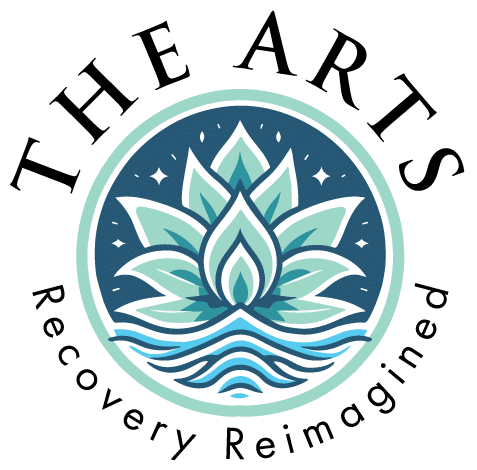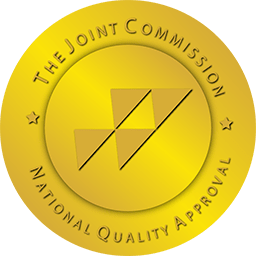Creating a Relapse Prevention Plan: Tips and Strategies
Overcoming addiction is a difficult journey that demands commitment, dedication, and a robust plan to prevent relapse. A relapse prevention plan is crucial in helping individuals in long-term recovery stay on the right path and clear of potential pitfalls. By understanding the significance of having such a plan, individuals can take proactive measures to safeguard their sobriety and lead a fulfilling life.
A relapse prevention plan guides those in recovery, equipping them with strategies and techniques to navigate life’s challenges without resorting to substances. It aids in recognizing possible triggers, developing practical coping skills, establishing support networks, and adopting healthy habits and routines. A well-crafted relapse prevention plan can significantly impact an individual’s ability to maintain sobriety and achieve sustainable long-term recovery.
The ARTS is a San Fernando Valley treatment center that offers comprehensive, evidence-based outpatient care. Contact us today to learn more about available treatment options near you.
Identifying Triggers And High-Risk Situations
Identifying triggers and high-risk situations is crucial in building a solid relapse prevention plan. Triggers are anything that can increase the risk of relapse, such as people, places, emotions, or activities associated with substance use. Individuals can develop strategies to avoid or cope with these triggers by identifying them.
One way to identify triggers is to keep a journal and track situations or events that lead to cravings or thoughts of substance use. This self-awareness can help individuals recognize patterns and make informed decisions to avoid high-risk situations. Additionally, seeking support from a therapist or support group can provide valuable insights and guidance in identifying triggers and developing coping mechanisms.
Coping Skills For Preventing Relapse
Coping skills play a pivotal role in preventing relapse and maintaining long-term recovery. Individuals use strategies and techniques to manage stress, cravings, and other challenges without turning to substances. By developing and practicing healthy coping skills, individuals can effectively navigate difficult situations and reduce the risk of relapse.
Various coping skills can be beneficial in preventing relapse. Some examples include mindfulness and meditation, healthy lifestyle choices, stress management techniques, and seeking support from clinical professionals. Including these items in your prevention plan can support an individual’s progress toward their addiction and sobriety goals.
Creating A Relapse Prevention Plan
Developing a relapse prevention plan entails combining all the discussed strategies and techniques into a comprehensive, personalized program. Such a plan should be tailored to meet each individual’s needs, triggers, and strengths. Make sure to include strategies for avoiding things that might cause you to relapse, finding ways to deal with cravings, seeking support from others, and maintaining healthy habits.
When creating a relapse prevention plan, consider the following steps:
- Identify triggers: Reflect on past experiences and identify situations, emotions, or people that have triggered cravings or thoughts of substance use.
- Develop coping skills: Choose skills that resonate with you and practice them regularly to strengthen your ability to manage stress and cravings effectively.
- Build a support network: Reach out to supportive individuals, such as friends, family, therapists, or support groups, and establish connections that can provide encouragement and accountability.
- Establish healthy habits and routines: Incorporate healthy habits and routines into your daily life to support overall well-being and reduce the risk of relapse.
Implementing The Plan In Daily Life
Implementing a relapse prevention plan in daily life requires commitment, dedication, and perseverance. It’s essential to remember that recovery is a journey, and setbacks may occur along the way. When implementing the plan, it’s crucial to be patient with yourself and seek support when needed.
To effectively implement the plan, consider the following tips:
- Stay self-aware: Continuously monitor your thoughts, emotions, and behaviors to identify any warning signs or potential triggers.
- Practice mindfulness: Incorporate mindfulness techniques into your daily routine to stay present and manage cravings or urges effectively.
- Stay connected: Regularly engage with your support network, attend therapy or support group meetings, and reach out for help when needed.
- Celebrate milestones: Acknowledge and celebrate your achievements and milestones in recovery to stay motivated and inspired.
Monitoring Progress And Making Adjustments
Monitoring progress and adjusting your relapse prevention plan is crucial for long-term success. Recovery is a dynamic process, and what works at one point may not work at another. Regularly assessing your progress and making necessary adjustments ensures that your plan remains effective and aligned with your evolving needs.
It is critical to take time to reflect on your journey, identify areas of improvement, and consider whether your current strategies are effective. Individuals can contact their support network, therapist, or counselor for input and guidance on areas needing adjustment. They should Be open to new strategies or techniques that better align with your current needs and circumstances.
Prevent Relapse with The ARTS
If you or someone you know is struggling with addiction and seeking comprehensive support for relapse prevention, consider The ARTS. The ARTS is a treatment center that prioritizes personalized care and provides innovative and encouraging treatment processes. Our goal is to empower individuals to achieve their sobriety and mental health goals through customized treatment plans and a supportive community.
At The ARTS, personal growth and recovery are possible for everyone. Our dedicated team of professionals is committed to guiding individuals on their journey to long-term recovery. We offer a range of evidence-based therapies, support groups, and resources to help individuals build a strong relapse prevention plan and achieve lasting change.
Remember, building a solid relapse prevention plan is an essential step in maintaining long-term recovery. You can overcome challenges and create a fulfilling and substance-free life with the right strategies, coping skills, support, and resources. Take the first step towards a brighter future by prioritizing your well-being and seeking your needed help.
The ARTS is here to help you on your journey to lasting recovery and personal growth. Contact our drug rehab in Canoga Park today to learn more about how we can help.





